Airports and travelling can be confusing, even to the seasoned traveller, and especially if you are in a new and unfamiliar airport or country and don’t speak the language. This can be further compounded if you are affected by a medical condition which can add to the confusion – particularly one that is dementia related. A recent talk (with transcript) on this on Australian ABC Radio National has drawn attention to the fact that many airlines are under-prepared for a condition that affects a growing number of people in the population, some of whom travel by air. Similarly, many passengers may also be unprepared for flying with dementia, so we’ve done a little research and come up with a few tips based on suggestions in the ABC piece and what various airlines offer as well as our own observations.
Some of the issues:
At the airport (Departure)
- Check-in – this is a potentially very stressful time, especially for a lone traveller with dementia related symptoms. It would be worthwhile to do a web check-in and print out your boarding pass so that you only have to join a (usually) much shorter Bag Drop queue. Alternately, have your passport/ID/visa and ticket ready when you get to the check-in desk and make sure your bag is secured and ready to be weighed. If you have already arranged for assistance, make sure the check-in staff are aware of this. It’s a good idea to be early, even if you’ve already done a web check-in, so that there is time to cover any unexpected occurrences.
- Immigration clearance – Have all your documents ready; if you have assistance, they will help you find the correct counter.
- Security areas (body & personal items checks etc). This can be unpredictable as different airports conduct checks differently and some will require all shoes to be removed and others will also ask for belts. Some ask only certain passengers which can be stressful if you are selected. Have your LAG (liquids, aerosols & gels) bag ready in case you need to show it. Not all airports require this, but some are very particular.
- Departure areas – Many airports have a long way to walk to where you actually catch your flight and some have stairs. If you have requested an assistant, they will help you find the correct location and will often grab one of those little carts that whiz around taking people through the halls! Travellators are useful and if you have an assistant and/or a wheelchair this will also make the trip quicker and easier. If you’re in a big airport like Singapore Changi or Dubai, you can usually get a terminal map from the information counter to help you find your way around, or you can often download one from the airport website prior to your journey.
- Remember – be prepared for different scenarios, be early and have documents ready and easy to find.
During the flight
Most airlines clearly state that their crews do not provide:
- assistance for passengers requiring lifting or carrying,
- assistance in the toilet,
- assisting passengers with eating of meals,
- administering medicines or supervising the taking of medicines.
Therefore if a passenger is not self-sufficient in these areas, it is advisable that they travel with a carer who will take responsibility for them. The carer also has to be able to take care of the passenger during an emergency as air crew are responsible for all passengers. It is also general airline practice that any passengers who may not be able to assist crew are not allocated particular seats – for example exit row seats.
Larger planes often have one washroom on board that is larger than others and thus easier for a passenger with special needs – ask the crew to identify this for you.
If you have requested a special meal, you will normally be served before other passengers.
Arrival
- Landing / disembarkation – If you have arranged for assistance upon arrival, you will normally be met at the door of the plane on disembarkation.
- Arrival procedures – If you need to complete entry cards, do this before you arrive and have your passport and arrival card ready. Remember, most people from your flight will be going in the same direction, if in doubt, follow them. There will usually be staff along the way to guide you if you are unsure.
- Baggage collection / Customs / Immigration procedures etc – these are also a potentially stressful part of the journey as there are many unknowns – which counter? (signs are usually quite large and there are staff to assist) Which baggage carousel? Keep your boarding pass handy with your bag receipt so you can check the flight number on the carousel. It would be a good idea to ensure that your bag is easy for you to identify – either with a distinctive strap or perhaps a coloured ribbon on the handle.
Remember: If you are not confident about travelling alone, make sure you have someone with you to act as a carer. Even if you don’t actually need their assistance, it will give you confidence having them there, just in case.
Remember: Let the airline know as soon as possible after booking, or during the booking if you are dealing with an agent, to ensure that any support you need will be available.
The ABC story mentioned above which inspired this article draws largely on the travelling experiences of Australian Christine Bryden, who was diagnosed with early onset dementia in 1995 at the age of 46. Even 20 years later she is still travelling as an author, speaker and dementia advocate. She says she finds travelling difficult and values the assistance of her husband Paul who helps her ease through the stresses, especially those met at an airport where there is so much going on.
Dementia researcher Dr Maria O’Reilly is a Queensland University of Technology (QUT) research fellow with the Dementia Cooperative Research Centre: Carers and Consumers. She has been working with an input group, including airline staff, to develop two surveys to find out more about the issue.
If you would like to participate in the survey:
For people with dementia or memory problems/carers, you can find the survey HERE.
For flight crew, you can participate HERE.
Christine Bryden and her husband Paul have also contributed to the survey in the hope it will improve the travel experience for people with dementia and she says the condition should not automatically prevent someone from flying.
“I don’t think baby boomers are going to want to stop travelling,” she says. “We don’t go on buses and trains so much any more as a population—we go on planes” she said, adding “I think it’s very important to think about. It’s a safety issue but also it’s a humanitarian issue.”
Alzheimer’s Australia CEO Carol Bennett supports calls for better training. She says “It’s important that staff do understand and recognise the symptoms of dementia and are able to work with people to reduce those symptoms when they’re flying.”
Read the full transcript, or listen to the audio version of this story HERE.
What the airlines say
Australia and South Pacific Airlines
Qantas – Although silent on dementia, Qantas has a comprehensive list of conditions requiring a medical certificate to fly. Qantas expects passengers who are not self-sufficient to be accompanied by a carer who must be able to provide the appropriate assistance with toilet needs, meals and carrying of baggage as well as on-ground procedures and in-air emergencies.
Virgin Australia – Virgin has a very comprehensive list of medical conditions requiring medical clearance. Dementia is not included. The document does note that “Virgin Australia aircraft are not provided with medical equipment and employees are not medically trained. The Airline cannot under any circumstance guarantee passengers will receive appropriate medical attention in any situation.”. If passengers are unsure, it may be wise to be accompanied by a carer as crew are not able to assist with personal needs.
Air New Zealand – no specific mention, but there are guidelines and a medical form if required, which can be downloaded from the information page. This form has more leeway for a doctor to indicate that the passenger has dementia or a condition of which the airline staff should be aware in case assistance is needed.
Asian Airlines
AirAsia – AirAsia has a list of conditions which do not require a medical certificate (including sunburn but not dementia or similar conditions) and ones that do, including contagious diseases and surgical conditions. You may find Special Guests information helpful and all passengers are advised to read the Terms & Conditions of Carriage.
Singapore Airlines – Travellers on Singapore Airlines aren’t specifically restricted because of illness or disability although they do have guidelines for medical conditions and a downloadable form for doctors to complete if necessary. Under their Special Assistance Tab, they have advice for passengers with cognitive difficulties and may have problems with the communication of the safety briefing. In these cases they advise the company of a carer.
Malaysia Airlines – Malaysian passengers with Special Requirements including those with an OKU (Orang Kurang Upaya) identification card should indicate this when booking. There is a section on disabilities (though not specifically cognitive difficulties) and a list of diseases for which travel is not advised, as well as a downloadable medical form.
Middle Eastern Airlines
Emirates – Emirates have a list of things to note before you travel and they include a helpful list of items it might be useful to put in your ‘medical kit’. There is also a link to a downloadable medical form. For passengers with Special Needs, including those accompanied by an escort, a number of suggestions are available.
Qatar Airways – Qatar Airways includes a Disability and Medical assistance page and a link that indicates that although attendants are generally not required for passengers with reduced mobility, one or more attendants will be required for passengers who suffer from intellectual disability or impairment, which is as close as they come to this issue. In any case, it would be wise to check with the airline before travel, depending on the particular circumstances.
Etihad – Etihad offers a list of conditions requiring medical clearance including “is incapable of caring for himself and requires special assistance”. The form can be downloaded from this page and there is also a link to a full list of Fitness to Fly Guidelines.
European Airlines
British Airways – British Airways have a short list of conditions requiring medical clearance, but this is not exhaustive and passengers are advised to check the link to the World Health Organisation Fitness to Fly information which does make mention of stress associated with air travel. Should you require medical clearance, download the form on the page and upon completion, submit it to the Passenger Medical Clearance Unit for assessment.
Lufthansa – Lufthansa provides comprehensive information for passengers with Special Needs with the proviso that passengers who are unable to care for themselves should have a carer with them. There are three links on the page dividing the information into Before, During and After the flight with helpful information.
KLM – KLM have a dedicated area for Special Assistance called KLM CARES. A downloadable booklet is available on the page, with full information and the page gives some practical guidelines about booking and contacting the airline to request this service. Medical information forms are also downloadable for passengers who need these. Although dementia is not specifically mentioned, if the passenger “needs personal care during the flight (during meals, visiting the toilet, etc.) and will be travelling without a companion” it would be advisable to complete and submit this form for appropriate assessment to be made.
US Airlines
American Airlines – While the airline has no specific guidelines for those with dementia, they do have a comprehensive section on their website regarding Medical Disability and the advice to passengers requiring special assistance, that they should contact their travel agent or speak to a Reservations Agent directly.
Delta – Delta has comprehensive information for disabled travellers although there is none specific to those with dementia. As their advice suggests, If you are likely to require special assistance, “It’s best to make your request when you book your ticket through Reservations.”
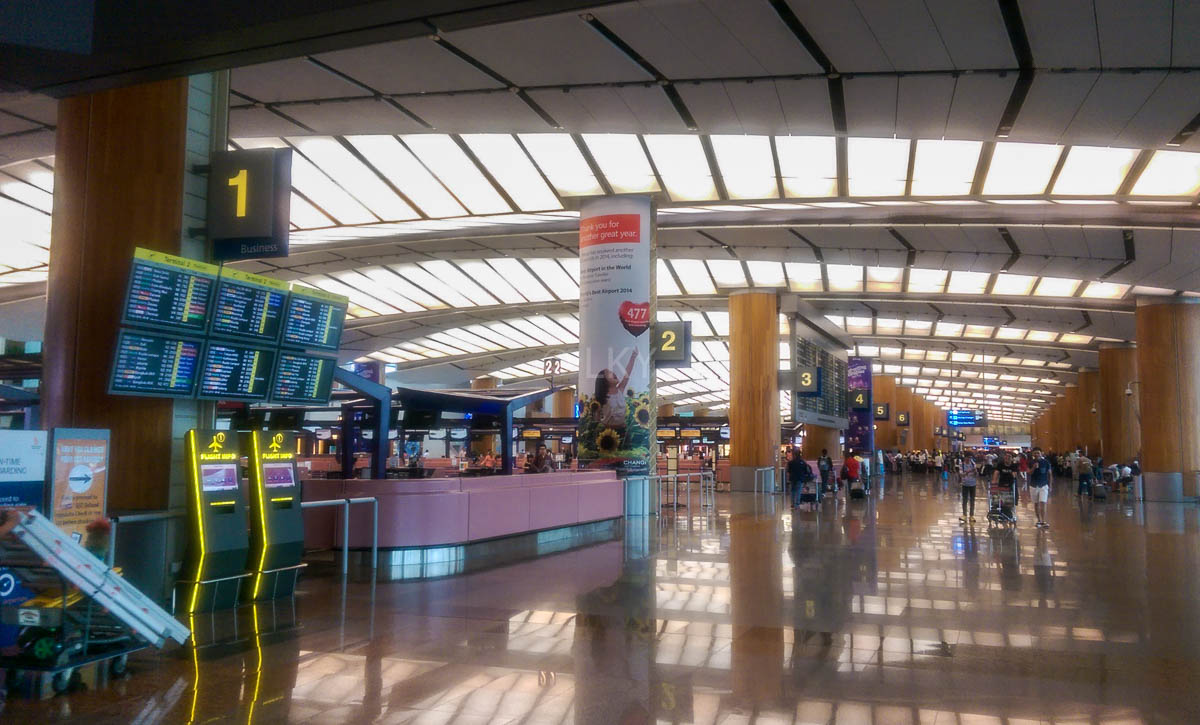
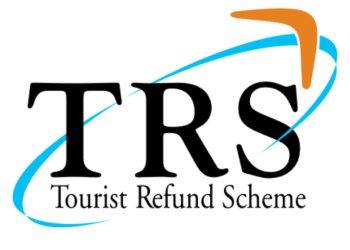
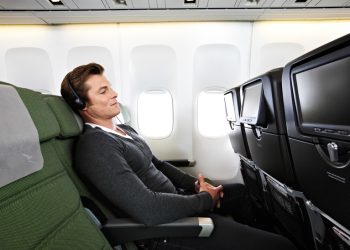

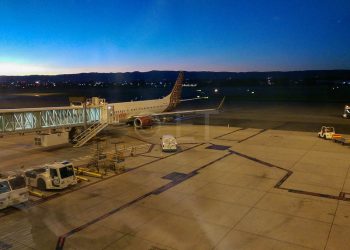
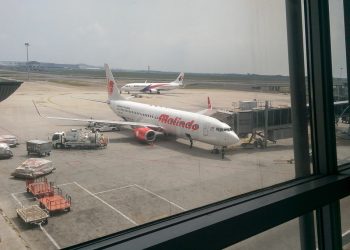
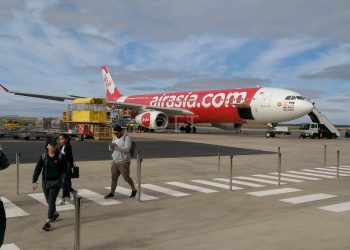
This Post Has 0 Comments